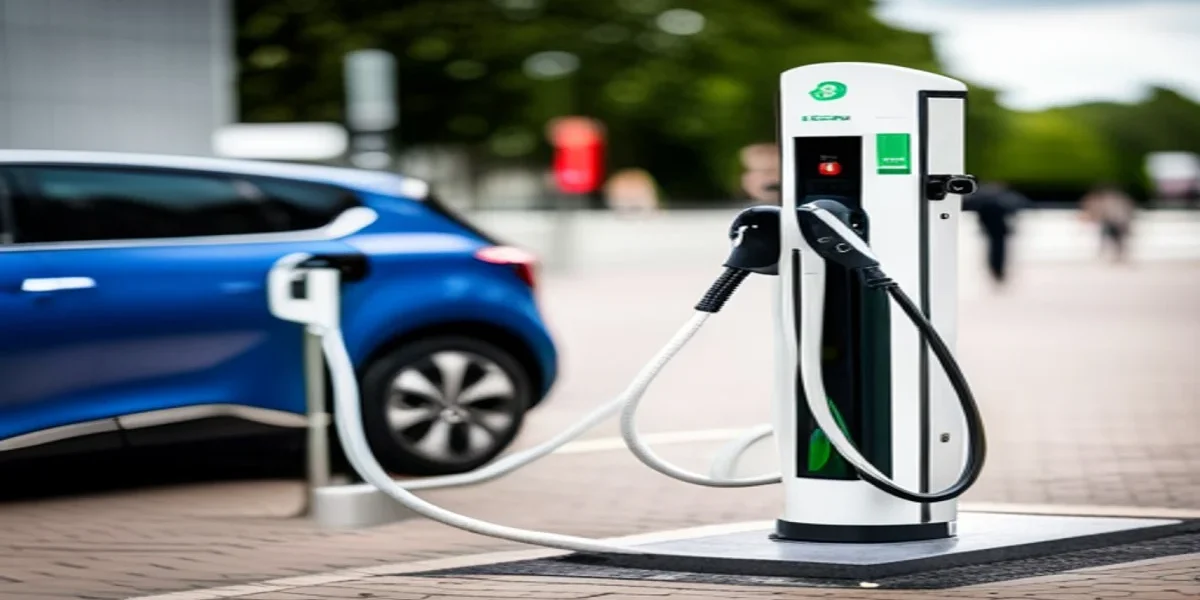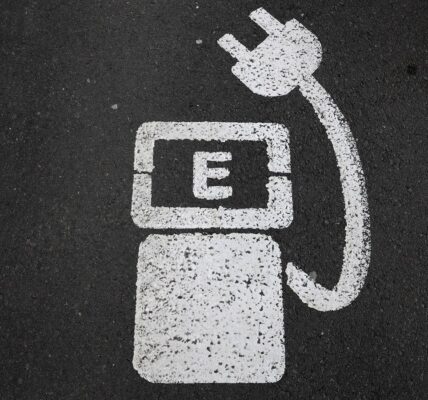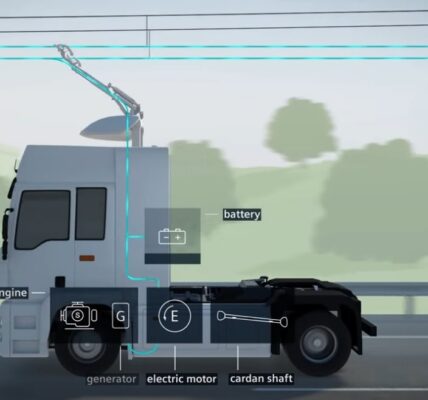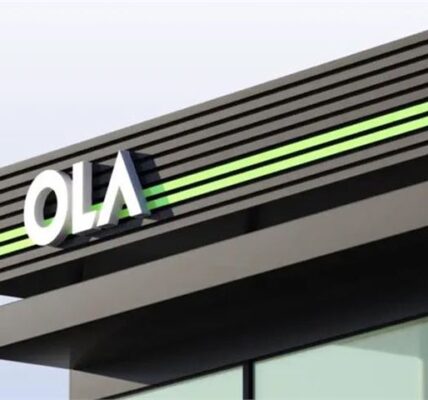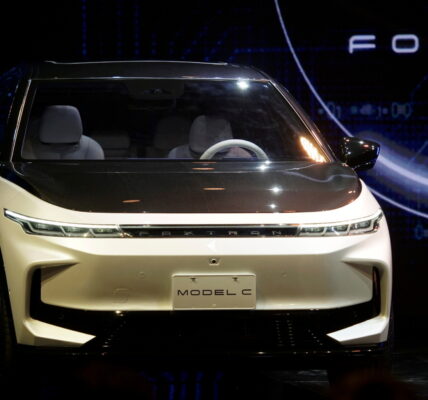Nearly 9,000 petrol pumps in India now provide electric vehicle (EV) charging facilities, according to data from the Ministry of Petroleum and Natural Gas.
As per The Economic Times quoting official figures, the number of fueling stations offering electric charging facilities has risen significantly from 3,423 in 2022 to 8,853 at the beginning of June. This number accounted for nearly 10% of the total petrol pumps in the country.
Indian Oil Corporation, the largest petrol pump operator in the country, leads in providing EV charging facilities, at nearly 5,600 of its 36,400 outlets, accounting for 15% of the total. Hindustan Petroleum Corporation (HPCL), the second-largest operator, has charging facilities at its 2,100 pumps, while BPCL offers EV charging at 738 pumps.
On the other hand, private fuel retailers, including Reliance-BP, Nayara Energy, and Shell, have also begun transitioning to green energy, albeit on a smaller scale. Reliance-BP has an EV charging facility at 28 out of its 1,586 pumps while Nayara Energy offers the service at 178 out of 6,388 pumps. Shell has also rolled out the offering at 201 out of 343 pumps.
In total, private retailers offered the EV charging option at 407 pumps across the country.
Meanwhile, as per the report, oil public sector undertakings (PSUs) such as Indian Oil, HPCL, and BPCL plan to expand EV charging facilities to a combined total of 22,000 pumps in the coming years. While Indian Oil is targeting rolling out the service at 10,000 pumps by 2024, HPCL is eyeing setting up 5,000 EV stations at its pumps by 2025.
The push comes at a time when the general Indian public transitions to EVs as a mode of transport. Although the current number of EVs in the country is still small, the rapid adoption of such vehicles could increase the demand for public charging infrastructure.
Increasing the number of charging facilities in cities and along highways will alleviate concerns about limited driving range, thus encouraging more people to transition to electric vehicles and accelerating the overall shift towards electrification, an official told ET.
Meanwhile, the government has announced a slew of initiatives to push the homegrown EV space and to spur the related infrastructure related to the ecosystem. In the past, the centre launched the, now mired in controversy, FAME-II scheme and followed it up with a production linked incentive to incentivise local manufacturing of EVs.
Last month, the government announced its plan to develop a master app to track real-time availability of slots at EV charging stations. On the private side, many global giants including the likes of Foxconn have expressed interest in manufacturing EV components in India.


